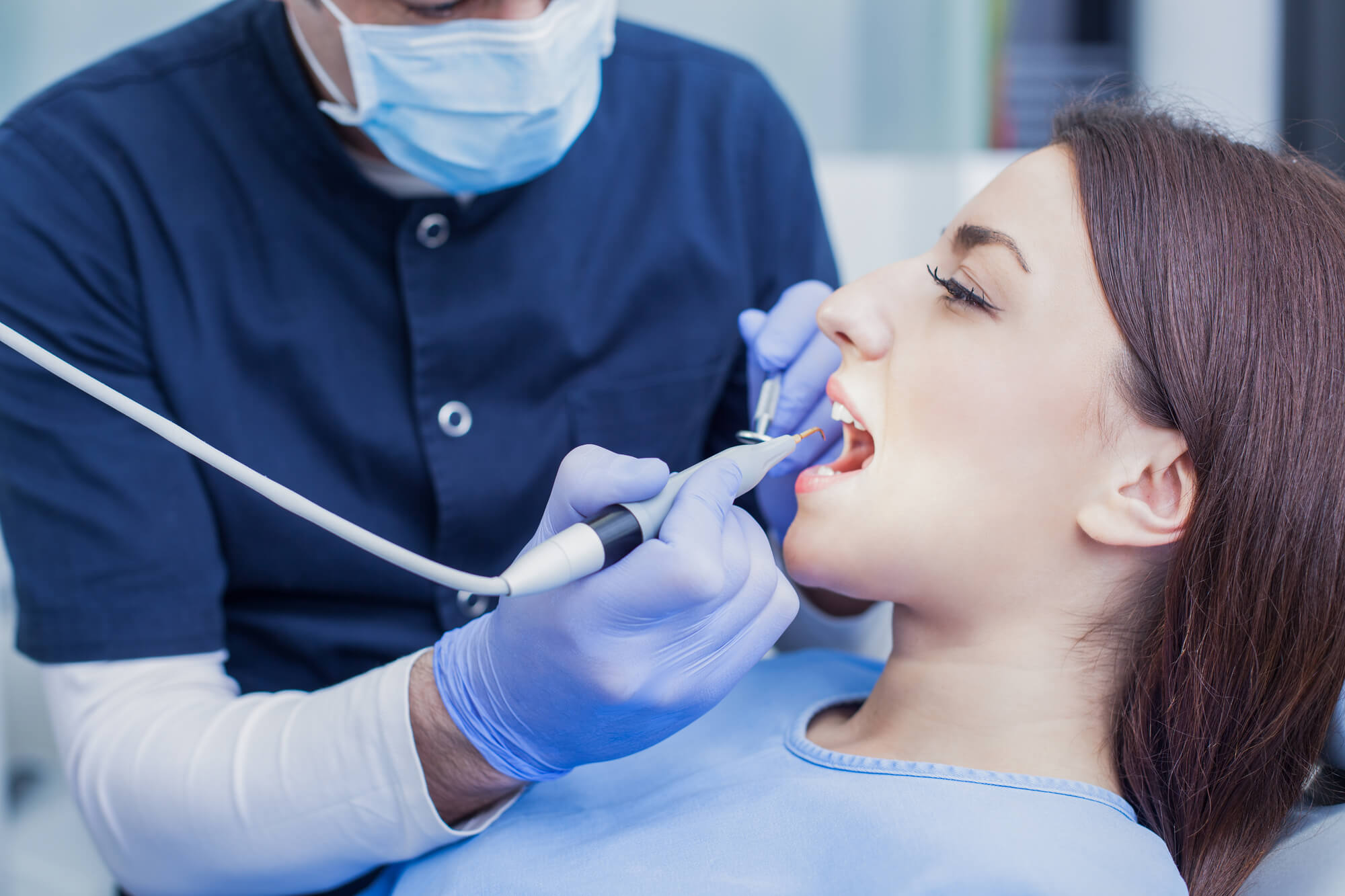Oral candidiasis, commonly referred to as oral thrush, is a fungal infection caused by an overgrowth of Candida species in the oral cavity. Immunocompromised individuals are at a heightened risk due to their weakened immune systems, necessitating a tailored approach to oral candidiasis treatment. Dentists play a critical role in managing this condition, ensuring effective resolution and preventing recurrence while addressing the unique needs of these patients.
Understanding Oral Candidiasis in Immunocompromised Patients
Immunocompromised patients, such as those undergoing chemotherapy, organ transplant recipients, or individuals with HIV/AIDS, are more susceptible to oral infections, including candidiasis. The imbalance between the body’s immune defenses and fungal growth creates an environment where Candida albicans thrives.
Symptoms include:
- White, creamy lesions on the tongue, inner cheeks, or palate.
- Soreness or burning in the mouth.
- Difficulty swallowing in severe cases.
Steps in Managing Oral Candidiasis Treatment
- Accurate Diagnosis
- A thorough clinical examination is essential. Dentists may scrape the affected area for a microscopic analysis or a culture to confirm the diagnosis.
- Identifying predisposing factors, such as poor oral hygiene, xerostomia (dry mouth), or the use of inhaled corticosteroids, helps in customizing the treatment plan.
- Antifungal Therapy
- Topical Treatments: First-line treatment typically involves antifungal medications, such as nystatin or clotrimazole lozenges, which are applied directly to the affected areas.
- Systemic Antifungals: For severe or recurrent cases, oral antifungal therapy like fluconazole or itraconazole may be prescribed. These are particularly beneficial for patients with widespread or resistant infections.
- Addressing Underlying Conditions
- For immunocompromised patients, it is crucial to collaborate with their primary care physician or specialist to optimize the management of their systemic condition.
- Dentists may recommend treatments for related oral issues, such as dry mouth or the adjustment of removable dentures to reduce irritation and fungal growth.
- Oral Hygiene and Lifestyle Modifications
- Patients are encouraged to maintain excellent oral hygiene by brushing, flossing, and cleaning dentures thoroughly if applicable.
- Dietary modifications, such as reducing sugar intake, can help limit fungal growth.
- Probiotics and Supportive Therapies
- Probiotics: Introducing beneficial bacteria through probiotics may help rebalance the oral microbiome and reduce fungal overgrowth.
- Saliva Stimulants: For patients with xerostomia, saliva substitutes or stimulants like xylitol-containing products can mitigate the dryness that fosters fungal infections.
Antifungal Therapy Options in Detail
Topical Antifungals
- Nystatin Suspension: A commonly used rinse effective against mild to moderate infections.
- Clotrimazole Troches: Dissolves in the mouth to deliver localized antifungal action.
Systemic Antifungals
- Fluconazole: Administered orally for severe or resistant infections, with a typical treatment duration of 7–14 days.
- Itraconazole: Reserved for cases where fluconazole is ineffective or contraindicated.
Adjunctive Therapies
- Antiseptic rinses like chlorhexidine can help control secondary bacterial infections.
Special Considerations for Immunocompromised Patients
- Preventive Measures
- Regular dental check-ups to monitor for early signs of oral candidiasis.
- Preemptive use of antifungals during high-risk periods, such as chemotherapy cycles, to prevent infections.
- Customized Care Plans
- Treatment should account for the patient’s immune status, medications, and overall health condition.
- Dentists must avoid drug interactions by consulting with the patient’s healthcare team, particularly when prescribing systemic antifungals.
- Long-Term Management
- Persistent or recurrent infections may require periodic antifungal use or ongoing prophylactic measures.
- Adjustments to dentures, oral appliances, or other contributing factors can prevent recurrence.
Managing oral candidiasis in immunocompromised patients requires a comprehensive, patient-centered approach. By combining antifungal therapy, addressing underlying causes, and emphasizing oral hygiene, dentists can effectively treat the infection and minimize the risk of recurrence. Collaboration with medical professionals is key to ensuring a holistic strategy that promotes both oral and systemic health.

Leave a Reply